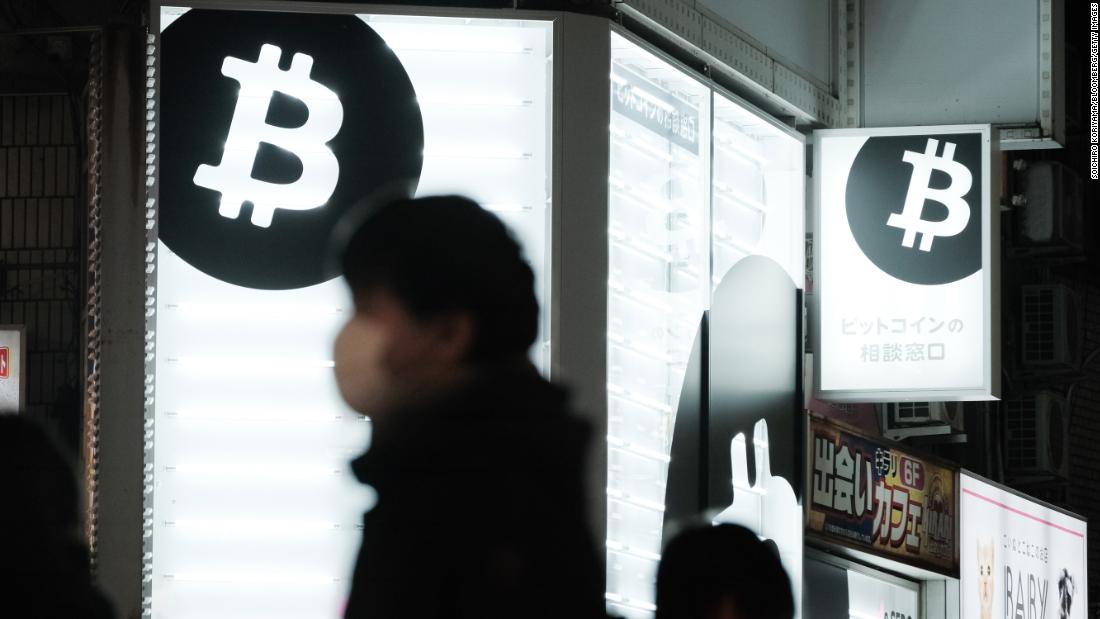The prices of cryptocurrencies, such as bitcoin, are on the rise after the Russian ruble plunged to another record low and Moscow received new sanctions.
As of 5:25 a.m. ET Tuesday, bitcoin was up 13% in the last 24 hours at a price of $43,163, according to cryptocurrency tracker CoinDesk.
Other cryptocurrencies also increased in price. Ethereum rose 10% this Tuesday and reached $2,878. For its part, dogecoin rose 6% to about 13 cents each.
Not only bitcoin earns interest
Traditionally, virtual currencies are often considered a long shot. But, as conventional assets experience constraints or heightened volatility from geopolitical tensions, some analysts believe they will gain more traction.
According to Arcane Research, an Oslo-based cryptocurrency research firm, trading volume between the ruble and cryptocurrencies has spiked in recent days on Binance, one of the world’s largest cryptocurrency exchanges.
Investors appear to be “trying to get out of the ruble” due to its “drastic devaluation after all the sanctions,” said Bendik Schei, head of research at Arcane.
Now Schei added that more people were switching to tether instead of bitcoin. Although bitcoin is the most valuable cryptocurrency in the world, tether is known as a “stable currency” as it is pegged to the US dollar.
“This is where they find the most comfort at the moment,” Schei said of investors. “In the current market conditions, I’m not surprised to see investors, at least in Russia, looking for stablecoins, it’s about saving their funds, not investing,” he added.
Over the past week, Tether has largely been stable around $1 each.
The ruble continues to collapse
The moves came as the ruble tumbled on Monday, trading at 104 per US dollar. And little changed in the early hours of this Tuesday.
Western powers have frozen the assets of Russia’s central bank in an effort to make it harder for Russia to mitigate the effect of sanctions on some of its biggest lenders and other companies.
The steps are intended to prevent Russia from accessing a “rainy days fund” that officials said Moscow hoped to rely on during the Ukraine invasion. Instead of using reserves to cushion the fall of the ruble, Russia will no longer be able to access many of the funds it holds in US dollars.
In addition to offering investors a relatively safe haven, cryptocurrencies could provide Russians with a way to evade sanctions, according to some experts.
US and European Union sanctions rely heavily on banks to enforce them. If a sanctioned company or person wants to carry out a transaction denominated in traditional currencies such as dollars or euros, it is the responsibility of the bank to mark and block those transactions.
But digital currencies operate outside the realm of standard global banking, with transactions recorded on a public ledger known as the blockchain.

